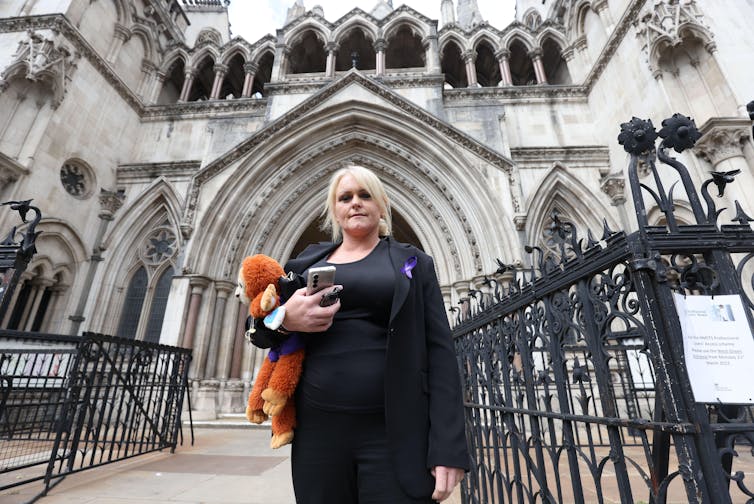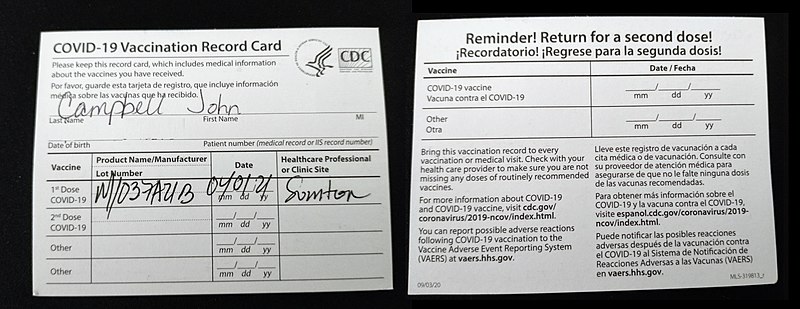By Dominic Wilkinson, 24th June 2021
cross post from the Open Justice Court of Protection Project
On 11th June 2021, I was a public observer (via MS Teams) of a case in the Court of Protection: Case No. 1375980T Re GU (also blogged about by Jenny Kitzinger here).
The case was (though I did not know it beforehand) related closely to issues that I have written about over a number of years (for example here, here, here ). It was an urgent hearing before Mr Justice Hayden concerning clinically-assisted nutrition and hydration (CANH) for a 70 year old man, GU, who has been in a prolonged disorder of consciousness for seven years.
I have read the judgments from many similar cases in the UK, from the first ever case concerning a feeding tube for a vegetative patient heard in (what is now) the Supreme Court in 1992 (the case of Tony Bland, injured in the Hillsborough football stadium disaster), through to the most recent Supreme Court case of Re. Y, at which the court ruled that it is not mandatory to bring cases concerning CANH-withdrawal to court unless there is disagreement about best interests, or the decision is finely balanced (report here). I’m also familiar with the judgments in other jurisdictions (e.g. Schiavo in the USA, Lambert in France) and have been involved in deliberation in clinical ethics committees about cases with similar features.
Yet, this was my first time hearing open deliberations in the Court of Protection. It was a fascinating and thought-provoking experience.Read More »Urgency, Delayed Decision-making and Ethics in the Court of Protection



